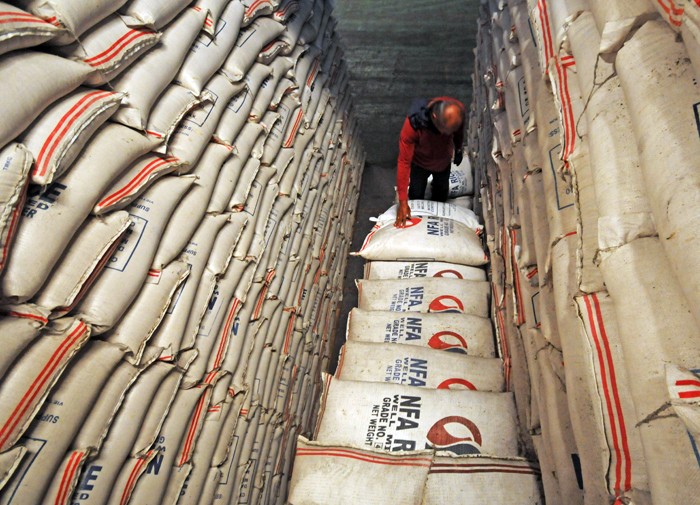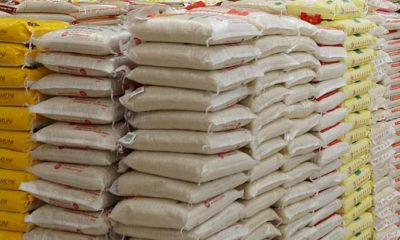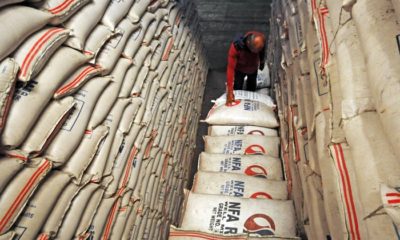- Over 20 Million Bags of Rice Smuggled Into Nigeria in Three Months —Rice Millers
The Rice Processors Association of Nigeria has said that between January and March this year, over 20 million bags of rice were smuggled into Nigeria.
The association accused officials of the Nigerian Customs Service posted at the borders of colluding with smugglers to commit what it described as economic sabotage against the policy of the Federal Government to make Nigeria self-sufficient in rice production.
The Chairman, RIPAN, Mohammed Abubakar, who said this during an interview in Abuja said that the 20 million bags (50 kilogrammes) of smuggled rice translated to about one million metric tonnes of the product.
He said the figure was arrived at following months of painstaking investigations conducted by the association at some of the country’s porous borders.
Abubakar said the development, if left unchecked by the Federal Government, could impact negatively on the integrated rice processor’s capacity, which had increased from 800,000 metric tonnes in 2014 to 1.6 million metric tonnes in 2018.
He said apart from the 1.6 million metric tonnes of rice currently being produced by integrated rice millers, there were about 3.9 million metric tons of finished rice milled by thousands of cottage millers scattered across the country.
The RIPAN boss called on the Federal Government to save the industry as the activities of rice smugglers were beginning to threaten the Federal Government financing policy through the agricultural value chain single digit interest rate programme of the Central Bank of Nigeria.
He said, “Investors in Nigeria have made enormous financial commitment in the rice sub-sector.
“Unfortunately, the only threat to the industry’s total development is smuggling. Over one million metric tonnes of rice, which is about 20 million bags of 50kg rice, were smuggled into Nigeria in the last three months
“Nigeria currently loses huge revenues, foreign exchange and jobs to this menace. Nigeria rice processing companies are shutting down because of their inability to gain market access.
“More painfully, millions of small-holder farmers are stuck with their paddy because the millers can no longer afford to buy from them.
“The Rice Processors Association wants to use this opportunity to tell everyone that if this menace is not tackled with appropriate dispatch, the magnitude of loss to Nigerian rice stakeholders starting with the Federal Government, integrated rice millers, funding banks, CBN, rice farmers, mill workers, rice consumers, would be too devastating to cope with in a fledgling economy.”
He added, “There is the need for urgent action to avert eventual national food emergency by combating smuggling so that we can continue to grow our local rice industry and the economy.
“Investigations have shown that all our international borders have been converted to smugglers’ routes and our markets are filled with smuggled foreign rice.”
He called on President Muhammadu Buhari to direct an immediate raid of the various rice smugglers’ markets across the country.

 Forex4 weeks ago
Forex4 weeks ago
 Naira4 weeks ago
Naira4 weeks ago
 Billionaire Watch4 weeks ago
Billionaire Watch4 weeks ago



 Naira4 weeks ago
Naira4 weeks ago






 Naira3 weeks ago
Naira3 weeks ago


 Naira3 weeks ago
Naira3 weeks ago






 Naira2 weeks ago
Naira2 weeks ago
 Economy4 weeks ago
Economy4 weeks ago






















